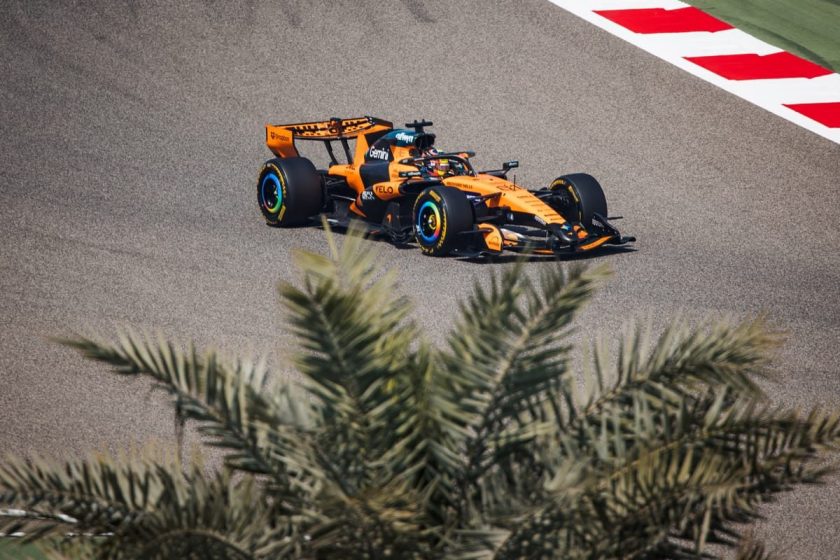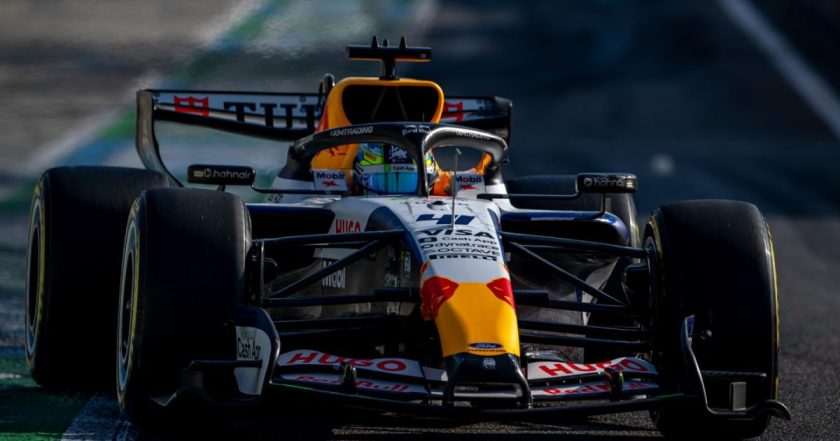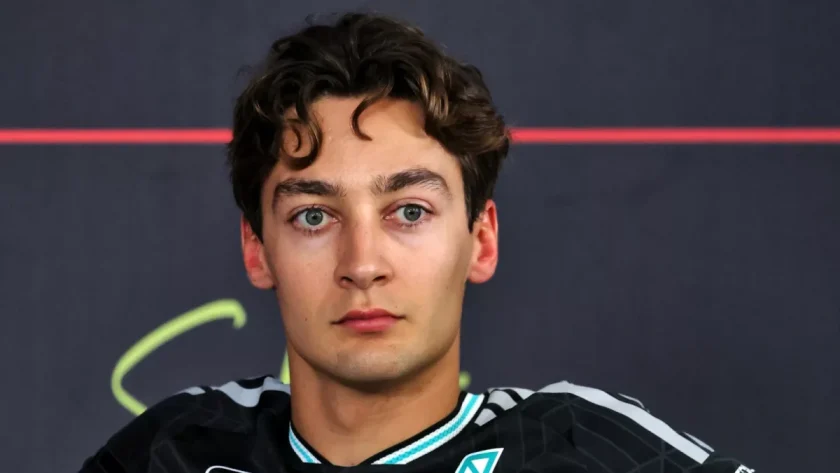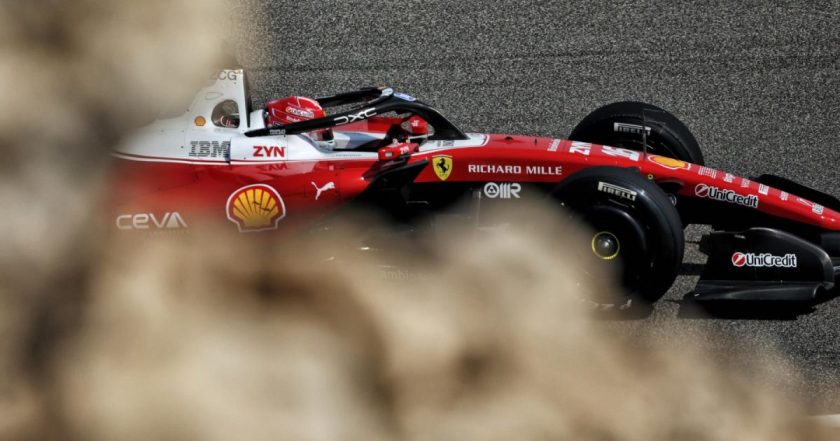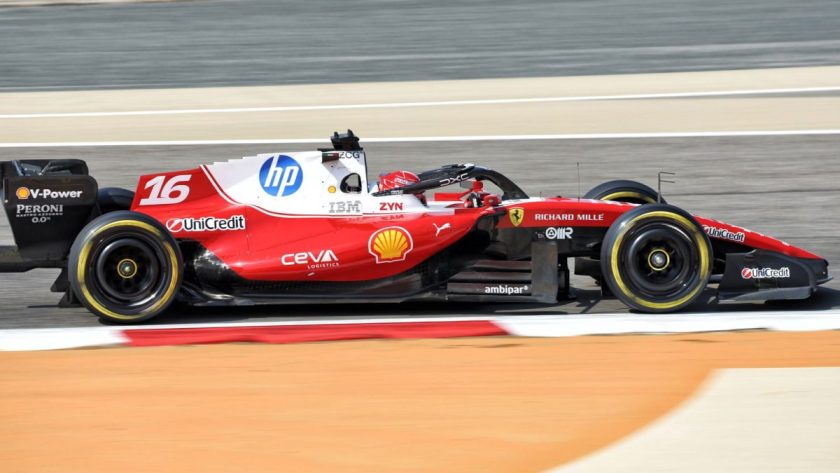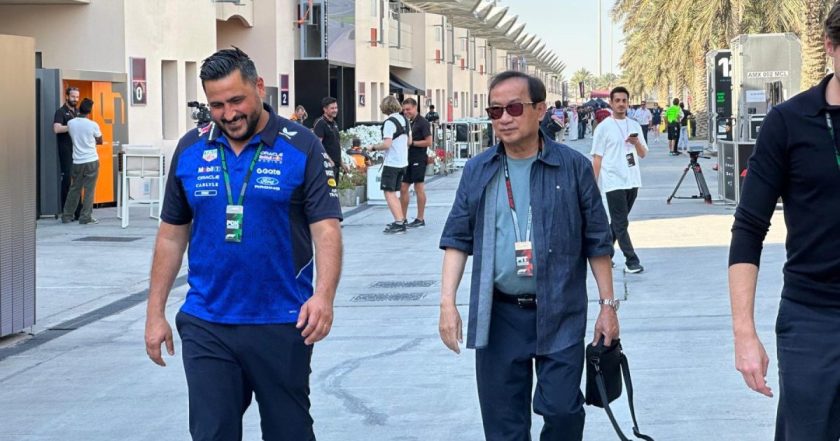Navigating the complex media landscape in the Formula 1 paddock requires discerning between substantial statements and those intended to obfuscate. The speculation surrounding Max Verstappen’s future takes center stage, with conflicting remarks from Toto Wolff and Christian Horner regarding his possible move to Mercedes.
While the possibility of Verstappen joining Mercedes in 2026 exists, it remains uncertain given his current Red Bull contract. The idea of Verstappen departing Red Bull after a decade raises legitimate questions about his next career move.
Mercedes-Benz Group chairman Ola Kallenius hasn’t shied away from discussing the potential recruitment of Verstappen, highlighting the allure of having him in a silver car. The strategic implications of this decision are carefully weighed, especially considering the established driver lineup at Mercedes.
The prospect of Verstappen displacing George Russell at Mercedes raises concerns about disrupting the long-term driver development program orchestrated by Toto Wolff. Sacrificing Russell, who has shown promise, poses a significant dilemma for the team’s future success.
Furthermore, the potential risk associated with Verstappen’s arrival jeopardizing the cohesion of Mercedes’ driver development strategy is a real consideration. Balancing the immediate gains versus the long-term consequences remains a pivotal concern for the team’s leadership.
